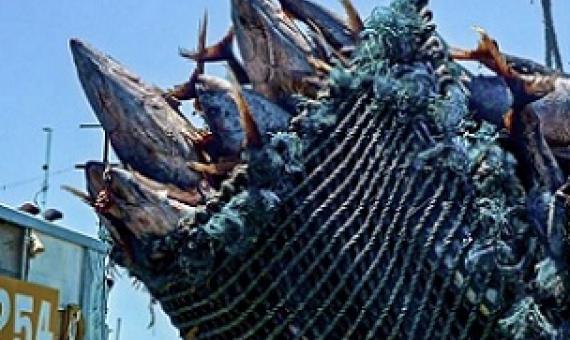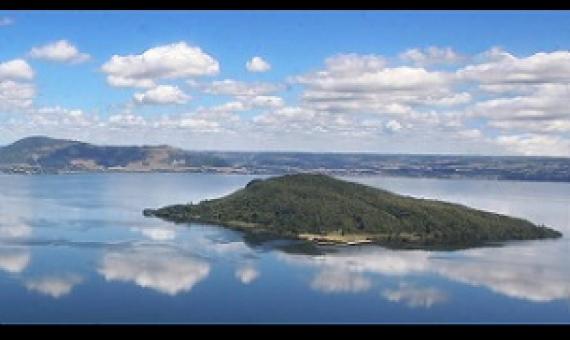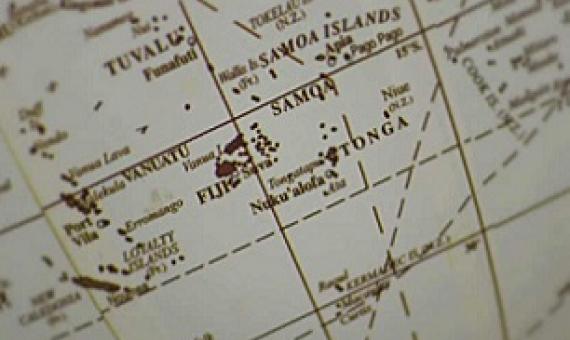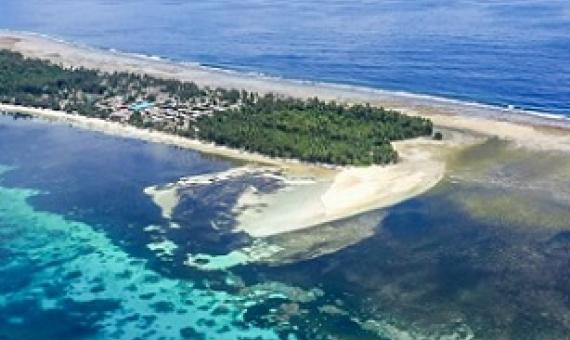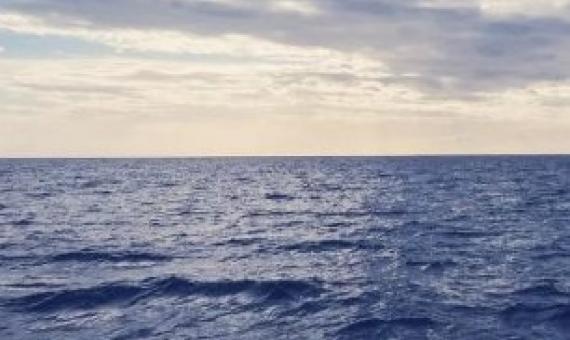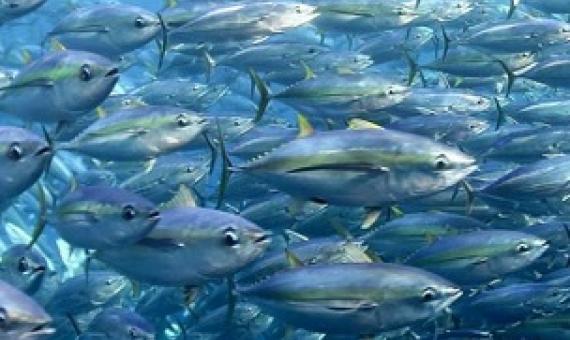New research from West Virginia University biologists shows that trees around the world are consuming more carbon dioxide than previously reported, making forests even more important in regulating the Earth's atmosphere and forever shift how we think about climate change.
As discussions on a new Tropical Tuna Measure (TTM) loom, Pacific island countries need to push more to get the international community to consider the impacts of climate change on the regional tuna fishery.
Native flora, fauna and endangered species on Mokoia Island are set to flourish, thanks to a new grant.
As a result of the growing impacts of the COVID-19 pandemic and the everyday challenges of climate change, some people of the Malaita Outer Islands (MOI) claim to have had no choice but to engage in illegal out-of-season harvesting of sea cucumbers and other marine resources as a means of surviva
Scott Morrison and Joe Biden could jointly get a first-hand view of how climate change is impacting on Pacific nations at a meeting later this year. Mr Morrison joined 17 other leaders for a Pacific Islands Forum online meeting on Wednesday, ahead of a face-to-face meeting scheduled for August.
For decades, warning signals sent by ocean ecosystems — such as increased sea surface temperature, sea-level rise and ocean acidification — have illustrated the urgent need to reduce global greenhouse emissions.
If the Pacific Islands Forum Fisheries Agency (FFA) and its members have it their way, they will soon be managing tuna and other migratory fish in their region by taking into account the needs of the whole ecosystem, and not just the fish.
Nature‐based solutions can play a key role in helping to tackle the climate and nature crises, while delivering other benefits for people, according to a new paper today from the Nature-based Solutions Initiative (NbSI) at the University of Oxford—but it is vital to get the message right about ho
For many businesses, climate change is an existential threat. Extreme weather can disrupt operations and supply chains, spelling disaster for both small vendors and global corporations. It also leaves investment firms dangerously exposed.


